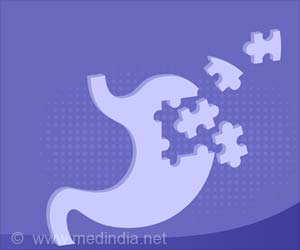Scientists have developed a new class of platinum-based anti-tumour drugs that animal studies have shown to be 10 times more effective than current treatments in destroying certain
Scientists have developed a new class of platinum-based anti-tumour drugs that animal studies have shown to be 10 times more effective than current treatments in destroying certain types of lung cancer cells.
The animal study, conducted by researchers in the Department of Chemistry at Wake Forest University in collaboration with colleagues at the Wake Forest University Health Sciences Comprehensive Cancer Center, suggests a new approach to fighting non-small cell lung cancer, which accounts for more than three-quarters of all lung cancers."We are able to slow the growth of this cancer substantially in mice. That is very good news, since this is such a rapidly growing, intractable type of cancer," said principal investigator Ulrich Bierbach, Z. Smith Reynolds Foundation Fellow and associate professor of chemistry at Wake Forest.
The new compound's potency derives from its ability to rapidly bind with and disable a tumour cell's DNA before the cell's natural repair mechanisms are activated.
That repair process causes drug resistance, which reduces the effectiveness of currently used platinum-based drugs.
Bierbach has focused his research efforts since 1992 on finding ways to overcome the resistance problems inherent in platinum-based drugs.
"If this ends up in clinical trials in the next few years, that will fulfill a dream of mine," Bierbach said.
Advertisement
The results were published in the December 11 issue of the Journal of Medicinal Chemistry and highlighted in Science-Business eXchange (SciBX), produced by the publisher of the journal Nature.
SRM










